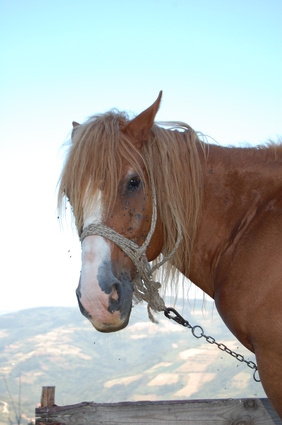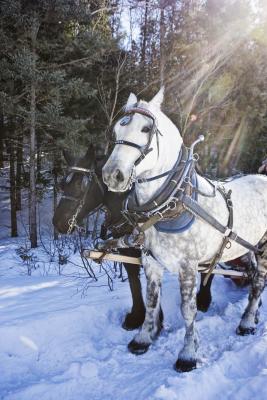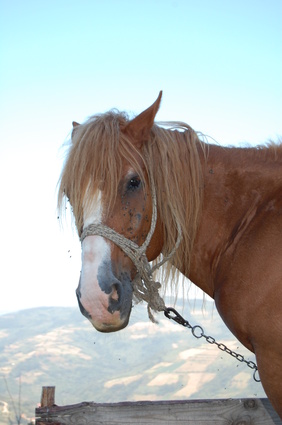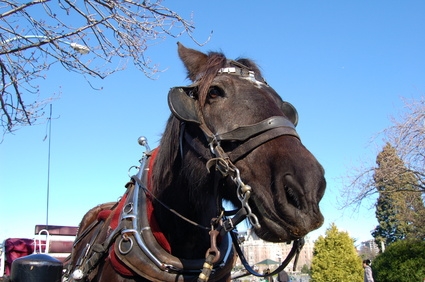Factors Affecting The Performance Of Horses
As competitions loom nearer, we are reminded to monitor and evaluate our horse�™s performance, ensuring they are really ready for the pressures of a full days competing. Your horses internal systems, be it gastrointestinal, nervous, endocrine, vascular or respiratory systems (to name a few) all play significant roles in working together to ensure your horses health and performance are as you and he requires.
Ultimately the health of your horse's stomach and lungs are key to ensuring your horse can perform at his best. These can be examined using different testing procedures by your vet to determine the health of both the stomach and lungs. A gastro-endoscopy and bronchiolar lavage can be performed to do this. As you move through the eventing season your horse can go through many changes including a reduction in their appetite for forage. This relatively sudden change in habit provides the perfect environment for gastric ulcers to develop.
An imbalance between the buffering effects of saliva (only produced as the horse eats) and the continual production of stomach acids is due to the development of gastric ulcers. Therefore it stands to reason that a horse that is off part of its feed will have an accumulation of stomach acid, leading to an erosion of the small intestine and parts of the stomach that are unprotected. Asking the horse to then eat coarse fibrous foodstuffs can then become uncomfortable within the digestive system as the protection from saliva is not there. This then becomes a vicious circle. To overcome this, a long-term plan of dietary management and gradual inclusions of fibrous foods and longer eating times will help.
As with all systems within the body, the lungs also work in harmony with the vascular system to provide the body with oxygen and removing toxic waste products in the same way. Without oxygen energy production is diminished. Impaired lung function is a serious problem, resulting in a knock on effect into the health of other systems.
Studies have shown that within a week of being stabled, dust and allergenic increases due to the enclosed environment can greatly increase the presence of endemic airway inflammation. This does not only apply to stabled environments. All enclosed spaces where the presence of dust and allergens is greatly increased can result in this. Consider for a minute the stuffiness within a horsebox. Horses spending prolonged time within this environment travelling to events can also become subjected to these potential problems.
Dust-free food and bedding is vital for within these enclosed environments if the effect on performance is to not be effected. Ventilation is key and times turned out will also help with the horse�™s relaxation during this stressful season, his eating habits and allow him a time out of an enclosed environment.

 How to Train a Horse to Sit
How to Train a Horse to Sit
How to Tra
How to Train a Horse to Sit
How to Train a Horse to Sit
How to Tra
 How to Finish a Horse Trailer Living Quarter
How to Finish a Horse Trailer Living Quarter
How to Finish a Horse Trailer Living Quarter
How to Finish a Horse Trailer Living Quarter
 How to Feed Your Horse
How to Feed Your Horse
How to Feed You
How to Feed Your Horse
How to Feed Your Horse
How to Feed You
 How Can I Get My Horse to Stop Eating Wood?
How Can I Get My Horse to Stop Eating Wood?
How Can I Get My Horse to Stop Eating Wood?
How Can I Get My Horse to Stop Eating Wood?
 How to Put Weight on a Horse Fast
How to Put Weight on a Horse Fast
How
How to Put Weight on a Horse Fast
How to Put Weight on a Horse Fast
How